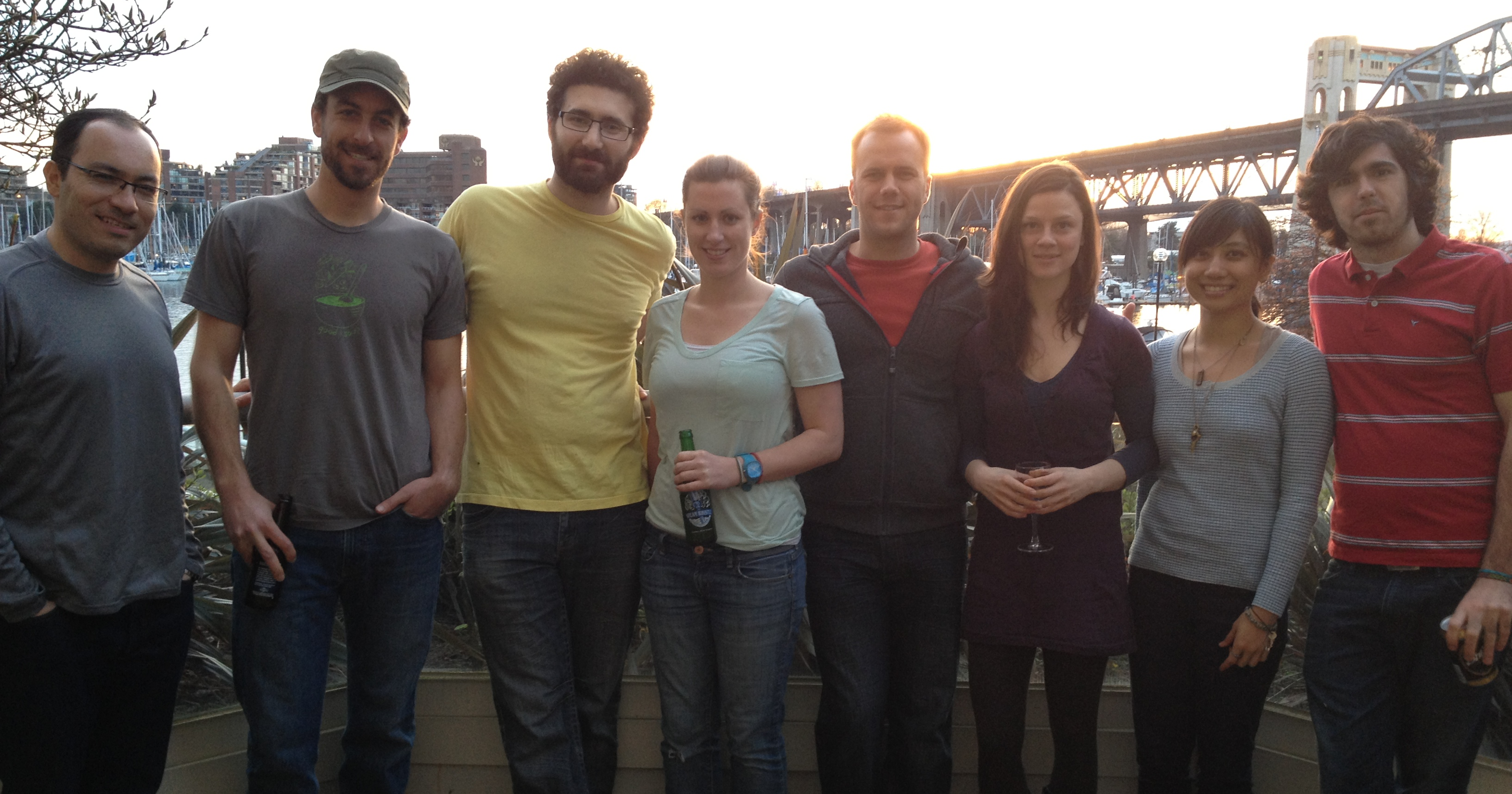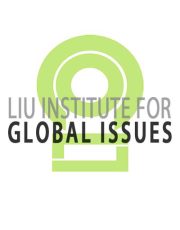
The mountains of poverty-stricken Oaxaca, Mexico. Sacred landscape, underdeveloped assets, or carbon bank for the poor?
As using economic terminology to reason about nature picks up steam, observers are beginning to ask if we’re mistaking the medium for the message (see ‘Treehugger’ article below).
There is undoubtedly something inherently distasteful about reducing the natural world to ‘underperforming assets’ and ‘capital stocks.’
Yet, some argue thinking in this way, and creating business arrangments and other instiutions that reflect this approach, is nothing less than a road out of poverty for many of the world’s marginalized populations. Countries like South Africa, for example, have been actively pursuing this model, which, crudely put, entails paying the poor to be ‘good’ stewards of the environment–namely, to not destroy and convert nature into short-term liquidity, or, alternatively, disregard its importance and use it as waste dump.
Payment for ‘ecosystem services’ schemes (PES, as they’re known in the trade) are becoming the stuff of conservationists and pro-poor development workers alike.
But, on a grander scale, one could argue this reeks of the same North-South power dynamic imposed on the ‘Third World’ back in the days of the Cold War: the same-old same-old power imbalance that prompted the creation the dependency school, and the whole dependentista debate over import-substitution industrialization.
So does playing Wall Street with nature entail a path to greater freedom of choice for the poor, now conceived as full-time ‘stewarts’ of the earth? Or do PES schemes and the like just entwine the destiny of the poor with the vagaries of the North’s new Gaia-worshipping conscience, in fact forestalling their ability to get ahead by doing just what the North did with its environment–converting it into liquid assets?
The jury is still out, of course. But, as with so many development models, I tend to think the devil is in the details here–if the history of development has taught us anything thus far, it’s to avoid a one-size fits all fix. In the face of so much uncertainty, it’s temptingly easy to get ideological about the use of one particular tool. But facts on the ground should remind us that what works, say in South Africa, may be completely inappropriate in places with different historical, economic, ecological and cultural contexts.
Development needs not be the uniform, shared road to ‘maturity’ (i.e. capacity for mass consumerism) that the word itself tends to imply. Rather, maybe we should be thinking about it as creating space for a global patchwork of solutions to poverty. PES and pricing nature may be one tool in the toolbox that allows us to experiment with this model. Mistaking the medium of economic metaphor for the message of humanity’s ulitmate reliance on nature, however, is a perpetual risk worth being vigilant about. As the recent financial crisis has shown, applying market logic to areas best managed by other means can do as much harm as good.
***
Read on for Matthew McDermot’s take, via Will Putting a Price on Nature Ultimately Just Undermine Its Value To Us? : TreeHugger.
I’ve long be a proponent of making people aware of the myriad practical services that intact, or at least functioning, ecosystems provide. From protecting against flooding, to maintaining climate, to countless medicines, etc etc, it’s all stuff that’s more expensive to do when humans do it, and we take it for granted. Which is where projects like TEEB come in, calculating the price for all these things–and it’s absolutely huge, by the way.
But while still maintaining that such analysis is useful, I increasingly wonder if assigning dollar figures to currently unpriced nature, just undermines efforts to get people to see that there is more to nature, there is more to the world than the economic or financial value we place on it?
I’ve been going back and forth about writing something about this ever since my colleague Stephen Messenger tried to explain why we must not consider nature priceless, but never quite got around to it–partly because I realize it’s swimming upstream a bit and I wondered if I wasn’t just overreacting or worrying to much about an abstract eco-philosophical concept.
After all, if pricing nature leads people to protect more of it and help drive a shift in society towards more ecosocioculturally sustainable development, who am I to argue about motivation? Right?
Then I read a recent piece by George Monbiot on the recent Conference on Biological Diversity that concluded in Japan, with what he argues is a worthless deal, a con. In it he really articulates the sort of doubts I’ve been better than I’ve been able to in the past few days:
As soon as something is measurable it becomes negotiable. Subject the natural world to cost-benefit analysis and accountants and statisticians will decide which parts of it we can do without. All that now needs to be done to demonstrate that an ecosystem can be junked is to show that the money to be made from trashing it exceeds the money to be made from preserving it. That, in the weird world of environmental economics, isn’t hard: ask the right statistician and he’ll give you any number you want.This approach reduces the biosphere to a subsidiary of the economy. In reality it’s the other way round. The economy, like all other human affairs, hangs from the world’s living systems. You can see this diminution in the language TEEB reports use: they talk of “natural capital stock”, of “underperforming natural assets” and “ecosystem services”. Nature is turned into a business plan, and we are reduced to its customers. The market now owns the world.
The TEEB analysis is correct in an analytical way, but at the same time feeds into a non-holistic mindset where everything is a commodity and substitutable.
I’m not saying that the authors of TEEB believe that, there’s every indication that they believe exactly the opposite, but nevertheless by framing the discussion in financial terms potentially just reinforces the philosophical and psychological frameworks that have led to so much destruction of people, animals and environment in the first place.
In attempting to compartmentalize and analyze and price the pieces of existence, we risk moving even farther away from seeing and experiencing it as a whole. We risk even moving farther from the sort of reverential attitude of stewardship that is required for sustainably managing the lands under our trust–which let’s not forget, with population growth and ever expanding resource usage means more and more of it.
***
…and from the comments…



